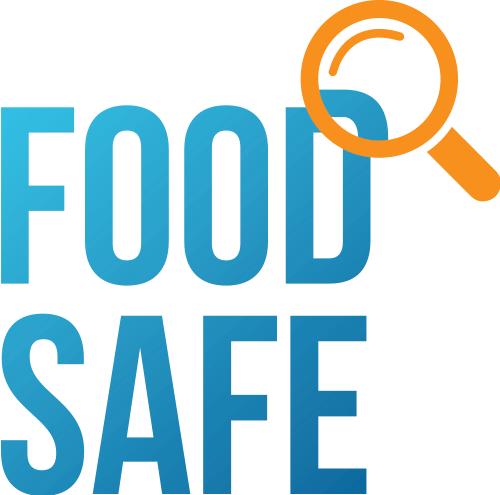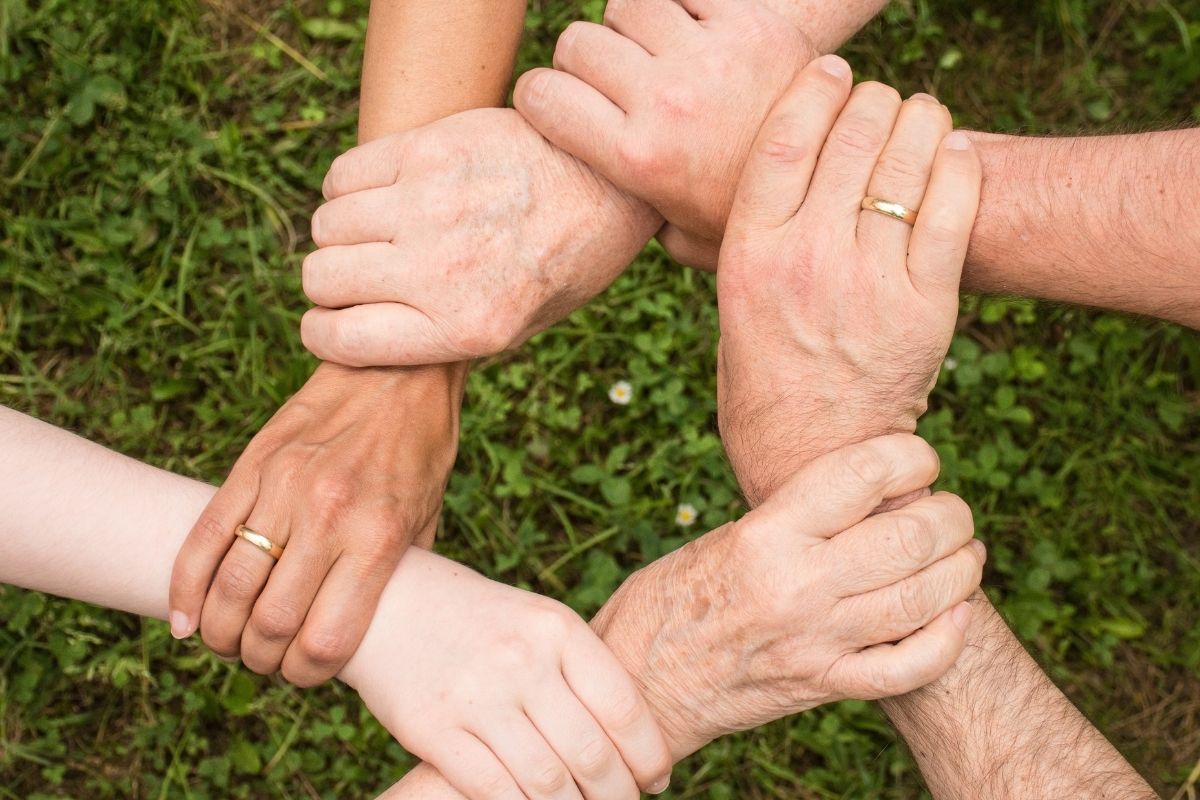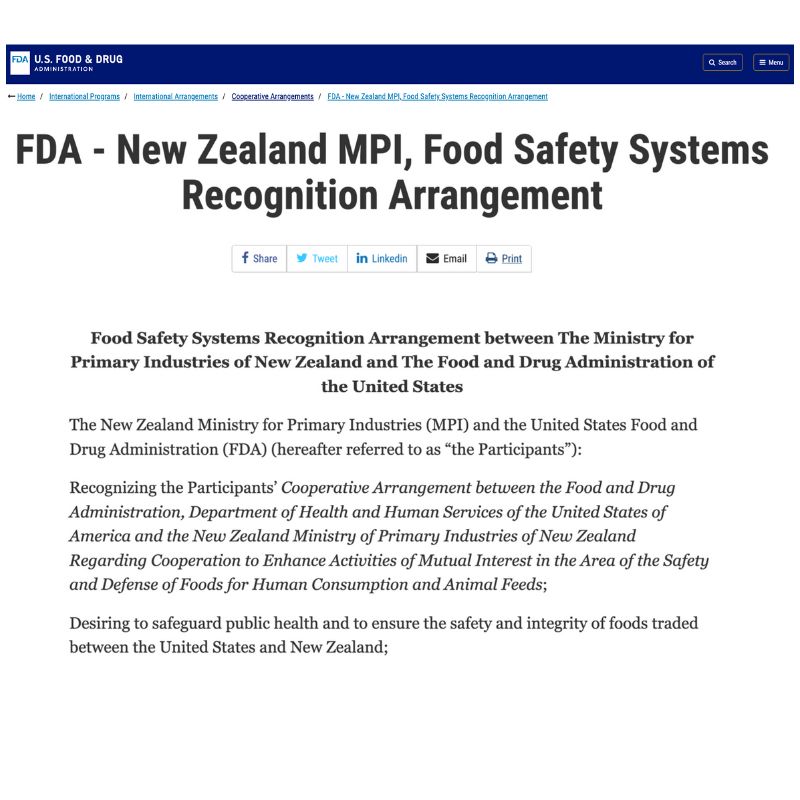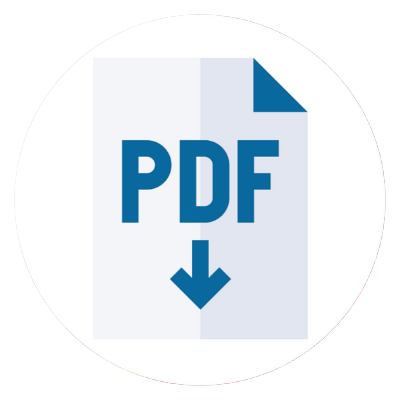Food Safe is a 100% Kiwi-Owned and Globally Operated Company based in the home of Middle Earth, New Zealand
About Food Safe
Food Safe’s scope Food Safe’s area of expertise encompasses the entire food supply chain, spanning from farm to consumer, and covers various food sectors not only in New Zealand but also in Australia, Asia, Africa, and the USA.
These sectors include Dairy, Seafood, Meat, Poultry, Produce, Horticulture, Manufacturing, Processing, and Supermarket Retail.
Food Safe specializes in offering comprehensive services such as Food Safety Training, Internal Auditing, Project Management, Digital Solutions, Immersive Reality 360, Machine Learning, and Artificial Intelligence tailored to the specific needs of food companies.
Some notable projects undertaken by Food Safe involve creating customized solutions and delivering training programs for prominent companies and stakeholders, including but not limited to AFFCO, Amcor, Blount Fine Foods, Callahan Innovation, Danone, DSM Nutritionals, GWF, Griffins Foods, Indomilk, Jamestrong, Jack Links, LeaderBrand, Mataura Valley Milk, Pact Group, Nestle, Oceania Dairy, the New Zealand Government, Tip Top, Miraka, Live Seafood Export, Vosen, Yashili, Waiu Dairy, and Westland Milk Products, among others
Our Unique Approach
Technical Competency of Food Safe’s Managing Director, Keith Michael:
Keith holds a Certificate in Company Direction from the Institute of Directors (IOD), New Zealand, with years of experience as a Company Director where he has assisted people and companies with smart purpose-built solutions for Operations, Technical, and Compliance teams across the world.
View Keith’s Food Safety subject matter and Technical Competency Record here.
In addition to his roles at Food Safe, Keith is actively involved in other significant endeavors, including:
- Auckland University of Technology: Assisting Dr. Brent Seale in developing and launching New Zealand’s pioneering specialized BSc Food Safety Degree.
- Board Level Advisor: Offering teach-ins and expertise in Food Safety Compliance, Risk Audit, and AI to CEOs, Boards, and VCs across the globe.
- Keynote speaker: Food Safety Conferences – 2019, 2020, 2021 & 2023
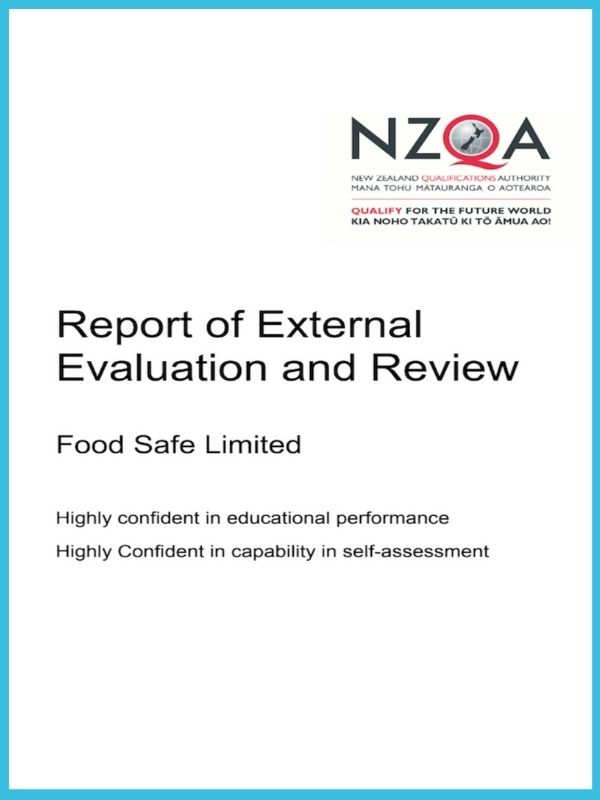
Category 1 NZQA-Registered PTE
Food Safe is also a Category 1 Private Training Establishment (PTE) that has been granted registration by the New Zealand Qualification Authority (NZQA) under Part 18 of the Education Act 1989.
External Evaluation and Review (EER) status of Food Safe, including statements of confidence: Category 1 training provider – NZQA is:
- Highly Confident in our Education Performance and
- Highly Confident in our Capability in Self-Assessment
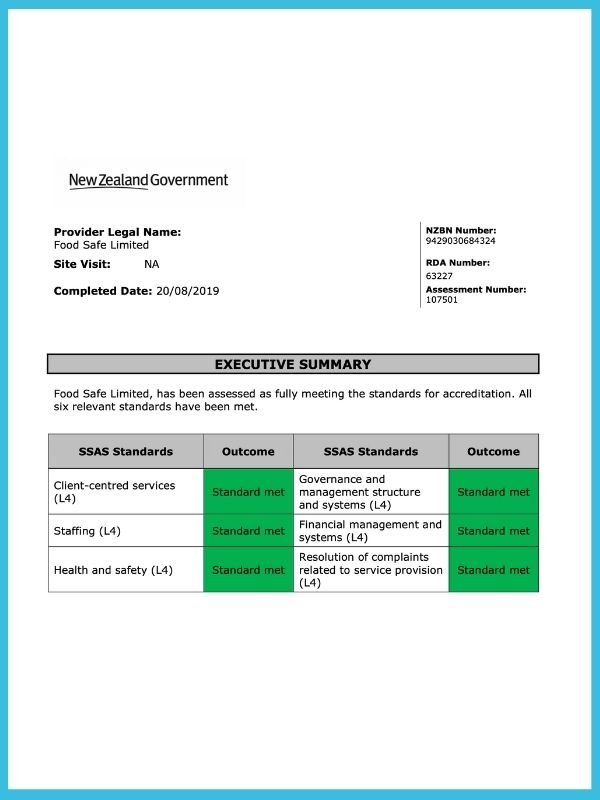
New Zealand Government Accreditation
Food Safe Limited was assessed and accredited by the New Zealand Government.
This accreditation was in addition to our New Zealand Qualification Authority (NZQA) Private Training Establishment (PTE) Category 1 Accreditation and an added, independent, governmental level quality assurance assessment for the following:
- Client-centered services
- Governance and management structure and systems
- Health and safety
- Staffing
- Resolution of complaints related to service provision
- Financial management and systems
Sustainability
For Food Safe, being sustainable and going beyond commerce is a continuous improvement journey where we earn our social license to operate and grow!
Learn more about our efforts on this page.
We have taken our first steps and focused on the following specific elements for the road ahead:
- We strive to maintain a high degree of integrity and ethics in our actions and decisions – Rangatiratanga
- We pursue knowledge and ideas that will strengthen and grow our value, brand and community. Helping people and companies succeed while building intellectual property through Research & Development – Tohungatanga
- We operate thoughtfully and engage meaningfully putting people at the core while we connect with our community including iwi and Māori, the Tangata Whenua or indigenous people of New Zealand as well as around the Globe – Manaakitanga
- We strive to minimize our impact: environmental, social, cultural, and on the ecosystem, we belong to – Kaitiakitanga
- We are transparent and accountable to stakeholders and quality assurance frameworks we operate within.
Food Safe Experts
Global Quality: New Zealand’s Food Safety Systems Recognition
New Zealand Comparability Determination by FDA
Report on the Comparability Determination of the Food Safety Component of the New Zealand’s Ministry for Primary Industries
Source: FDA
New Zealand’s Global Role with Codex Alimentarius
New Zealand is a founding member of Codex and chairs two important Codex committees on Milk Products (CCMMP) and Meat Hygiene (CCMH)
Source: FAO

Te Whare Tapa Whā
- Our current Māori & Pasifika Students’ Achievement Rate: is 100%
- Māori & Pasifika Students National Achievement Avg: ≤90%
Our Tangata Whenua Guides and Mentors include Huhana Mete – Director of Tumanako Global Leadership & Peter Storey – Teaching and Learning Manager at Tai Poutini Polytechnic.
Te Whare Tapa Whā is a model of the 4 dimensions of well being developed by Sir Mason Durie to provide a Māori perspective on health that we have incorporated at Food Safe to guide our approach to supporting not just Māori but all learners in our training programmes.
Code of Practice
The 4 dimensions of learner wellbeing include:
Taha Hinengaro (mental and emotional wellbeing) of our learners, as well as how learners communicate and think regardless of whether or not they experience mental illness or distress.
Taha Whānau (family wellbeing) is about who makes our learners feel like they belong, who learners care about, and who they share their life with. Whānau is about extended relationships – it’s not just learner’s immediate relatives, it’s their friends, hoamahi (colleagues), community, and the people they care about.
Taha Tinana (physical wellbeing) refers to a learner’s physical wellbeing.
Taha Wairua (inner well-being): A learner’s inner drive is their life force – their mauri. This is who and what they are, where they have come from, and where they are going.
To understand how we incorporate each of these dimensions and the Manu Kōkiri vision into our training click here
The principles of Te Tiriti o Waitangi, as articulated by the Waitangi Tribunal, provide the framework for how we will meet our obligations under Te Tiriti at Food Safe Ltd.
The principles that apply to our work are as follows.
Tino rangatiratanga:
The guarantee of tino rangatiratanga, which provides for Māori self-determination and mana motuhake in the design, delivery, and execution of our education services.
Equity: The principle of equity, requires us to commit to achieving equitable education outcomes for Māori learners.
Active protection: The principle of active protection, requires us to act, to the fullest extent practicable, to achieve equitable education outcomes for Māori learners.
Options: The principle of options, requires us to provide for and properly resource our services. Furthermore, we feel obliged to ensure that all our education services are provided in a culturally appropriate way (described above) that recognizes and supports Māori learners.
Partnership: The principle of partnership, requires us to collaborate with our Māori learners, in the design, delivery, and execution of our education services.
All our trainees including Māori learners are co-designers of our education services and the feedback loop from our reviews is a performance indicator of this.
The bottom-line
How we collaborate with companies
Companies we work with





























